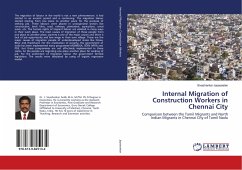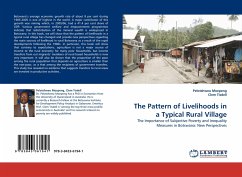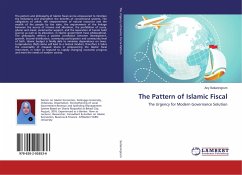
Income and Expenditure Pattern of Pensioners in Chennai City
Income and Expenditure Pattern of Pensioners
Versandkostenfrei!
Versandfertig in 6-10 Tagen
52,99 €
inkl. MwSt.

PAYBACK Punkte
26 °P sammeln!
Current interest in aging and gerontology all over the globe has been stimulated by the growing proportion of the aged both in developed and developing countries and by public concern with the aged as a social problem. At the same time the care of the aged is also assuming greater importance with general increase in longevity, particularly in the developed countries, where the old are at least measurably protected through social insurance or public assistance schemes and receive institutional care on a very large scale. The developed countries have organized systems that include pension scheme...
Current interest in aging and gerontology all over the globe has been stimulated by the growing proportion of the aged both in developed and developing countries and by public concern with the aged as a social problem. At the same time the care of the aged is also assuming greater importance with general increase in longevity, particularly in the developed countries, where the old are at least measurably protected through social insurance or public assistance schemes and receive institutional care on a very large scale. The developed countries have organized systems that include pension schemes, old age assistance, institutional care, clubs for senior citizens, homes for the aged, 'meals on wheels' (mobile canteens for visiting from house to house), friendly visiting, home helps, etc. In developing countries, the pattern of the joint or extended family had traditionally provided a built-in system of care of the aged within the family itself. The aged are still able to retain social functioning in the family and the neighborhood even after their economic productivity has ceased where there is no separation of the workplace from residence.












